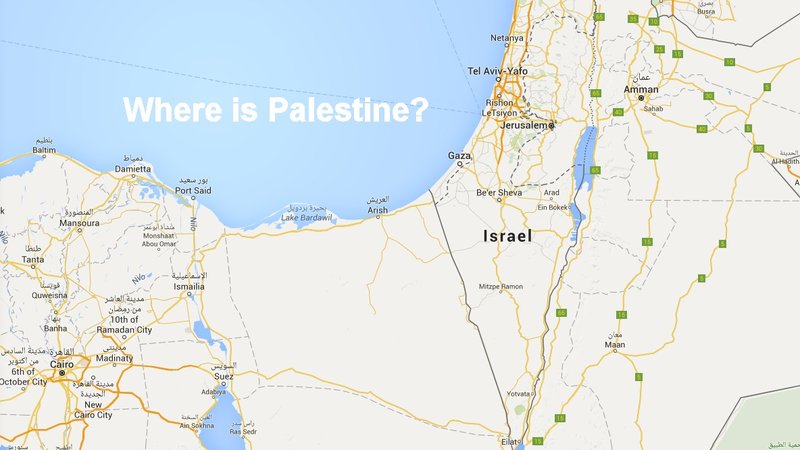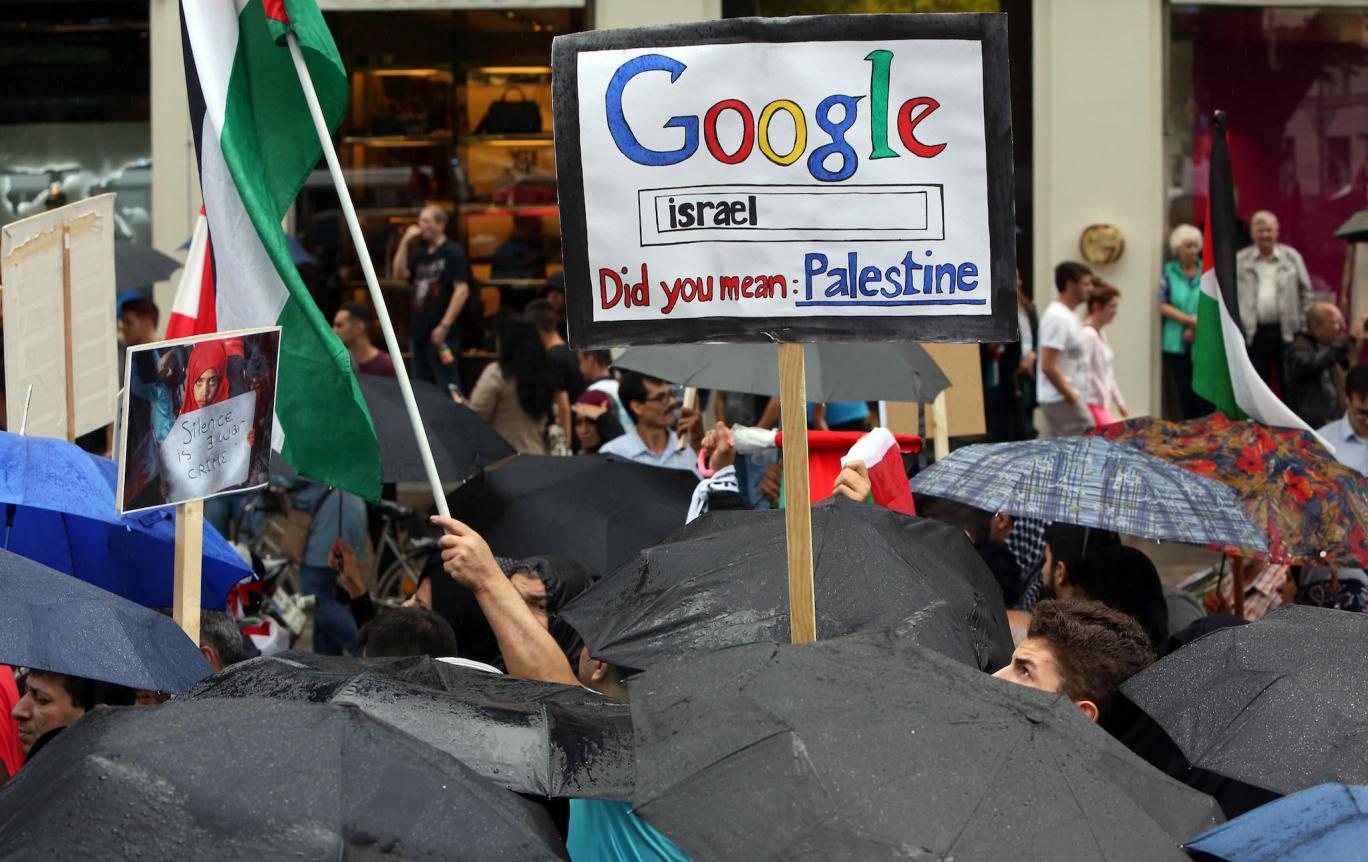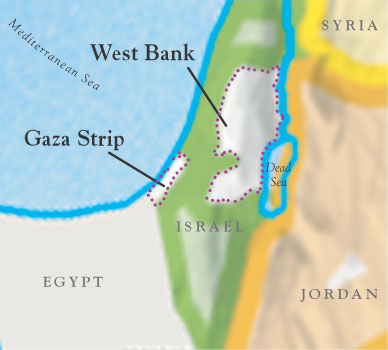What The Internet Got Wrong About The 'Removal' Of Palestine From Google Maps
Where is Palestine?
Over the last few days, netizens have expressed their outrage after finding out that Google has apparently removed 'Palestine' from Google Maps
Multinational technology company Google has received flak as people from all over the world are protesting the fact that 'Palestine' is not in its mapping service, which is one of the world's largest sources of geographic data.
Using hashtags like #PalestineIsHere and #BoycottGoogle, netizens voiced out their dissatisfaction and frustration, mounting pressure on Google to reinstate Palestine on Google Maps.
More than 250,000 people have signed an online petition calling for Google to put Palestine on the Maps
The Change.org petition was initiated by Zak Martin months ago but a mountain of signature only came in the last few days after it picked up serious momentum recently following an online statement by the Palestinian Journalists' Forum.
"The Forum of Palestinian Journalists condemns the crime carried out by Google in deleting the name of Palestine, and calls for Google to rescind its decision and apologise to the Palestinian people," reads part of the statement from the Forum of Palestinian Journalists, posted to its website on 3 August.
"…The move is designed to falsify history, geography as well as the Palestinian people’s right to their homeland, and [is] a failed attempt to tamper with the memory of Palestinians and Arabs as well as the world."
Contrary to popular belief, Palestine has not been "removed" as it was never on Google Maps to begin with
Many have accused Google for deliberately removing Palestine from its Google Maps when in fact, it never happened.
The Washington Post reported that a search for "Palestine" on Google Maps has never yielded any results.
"There has never been a 'Palestine' label on Google Maps," Elizabeth Davidoff, Google's communications manager, was quoted as saying by American digital publisher, The Daily Dot.
However, Google has admitted that the labels for 'West Bank' and 'Gaza Strip' have been removed due to a bug
"We’re working quickly to bring these labels back to the area," Davidoff said.
Google's basemap data—which includes information like place names, borders, and road networks—comes from a combination of third-party providers and public sources. This helps Google produce a comprehensive map, but it also means the amount of data can vary from place to place.
Google said it would be happy to study other potential data sources to determine if they're of good enough quality to bring to the map.
Why has the exclusion of Palestine from Google Maps caused such an uproar?
The Palestinian flag was raised at the UN headquarters for the first time last year.
Image via Andrew Kelly/ReutersThe longstanding territorial dispute between Palestine and Israel is perhaps one of the biggest geopolitical events in the world. The result of this is having two governments recognised partially by different nations around the world.
As of September 2015, Malaysia is one of the 136 countries around the world that recognise the State of Palestine.
Google may not have intentionally put a foot into tender issues of national identity with its geographic labelling, but critics have argued that as one of the world's top provider for geographic data, it is accountable to show how the world interprets states, nations, and our overall worldview, especially when Google Maps is "regarded as definitive by people around the world, including journalists, students and others carrying out research into the Israel-Palestine situation".



